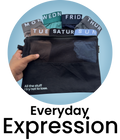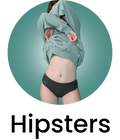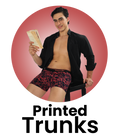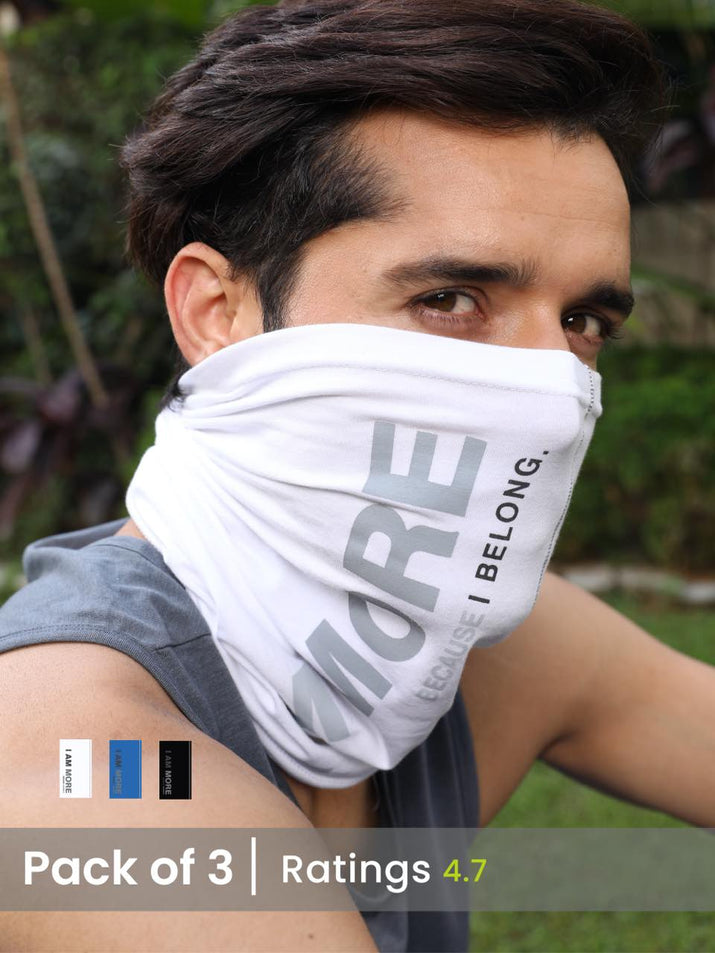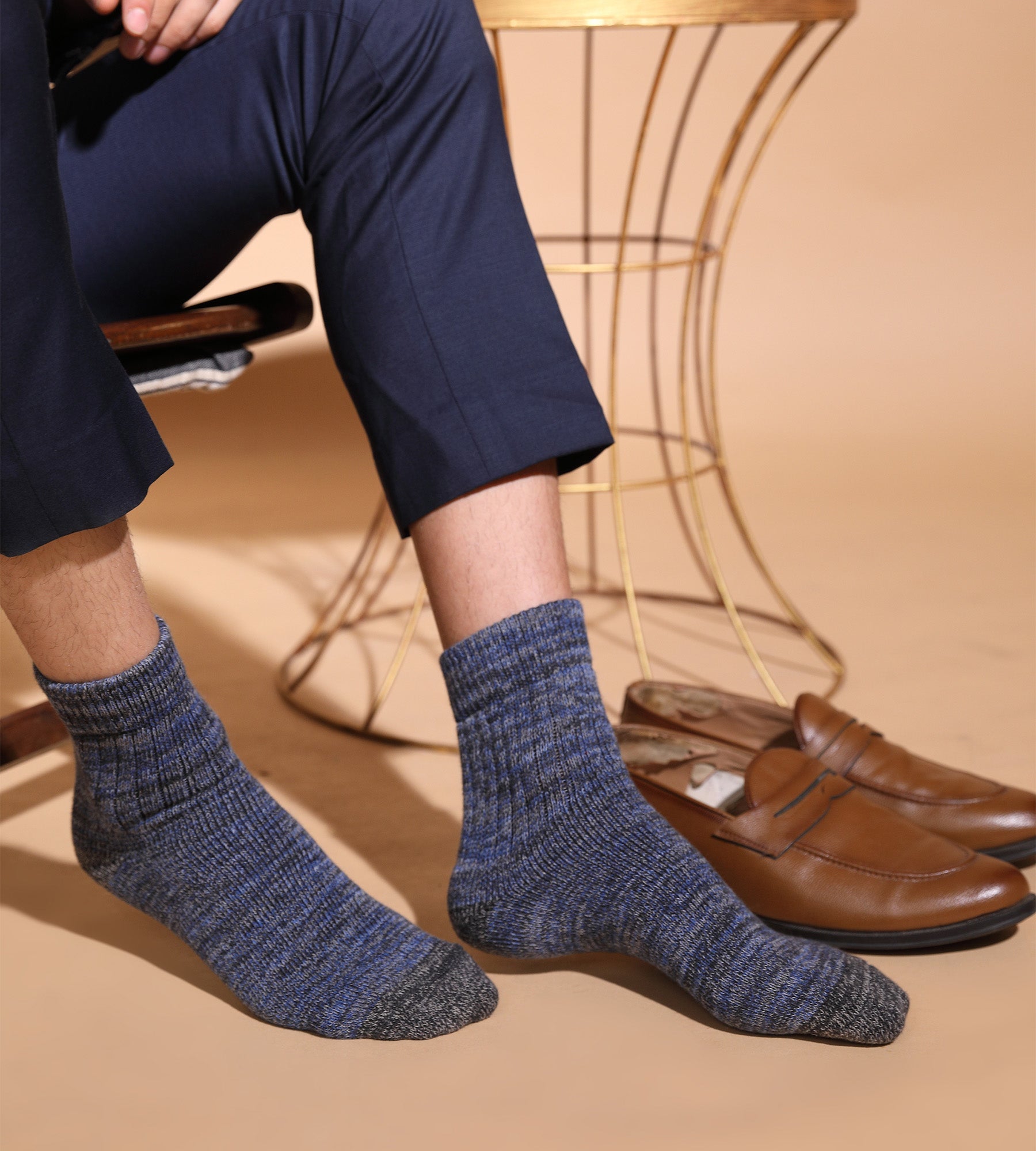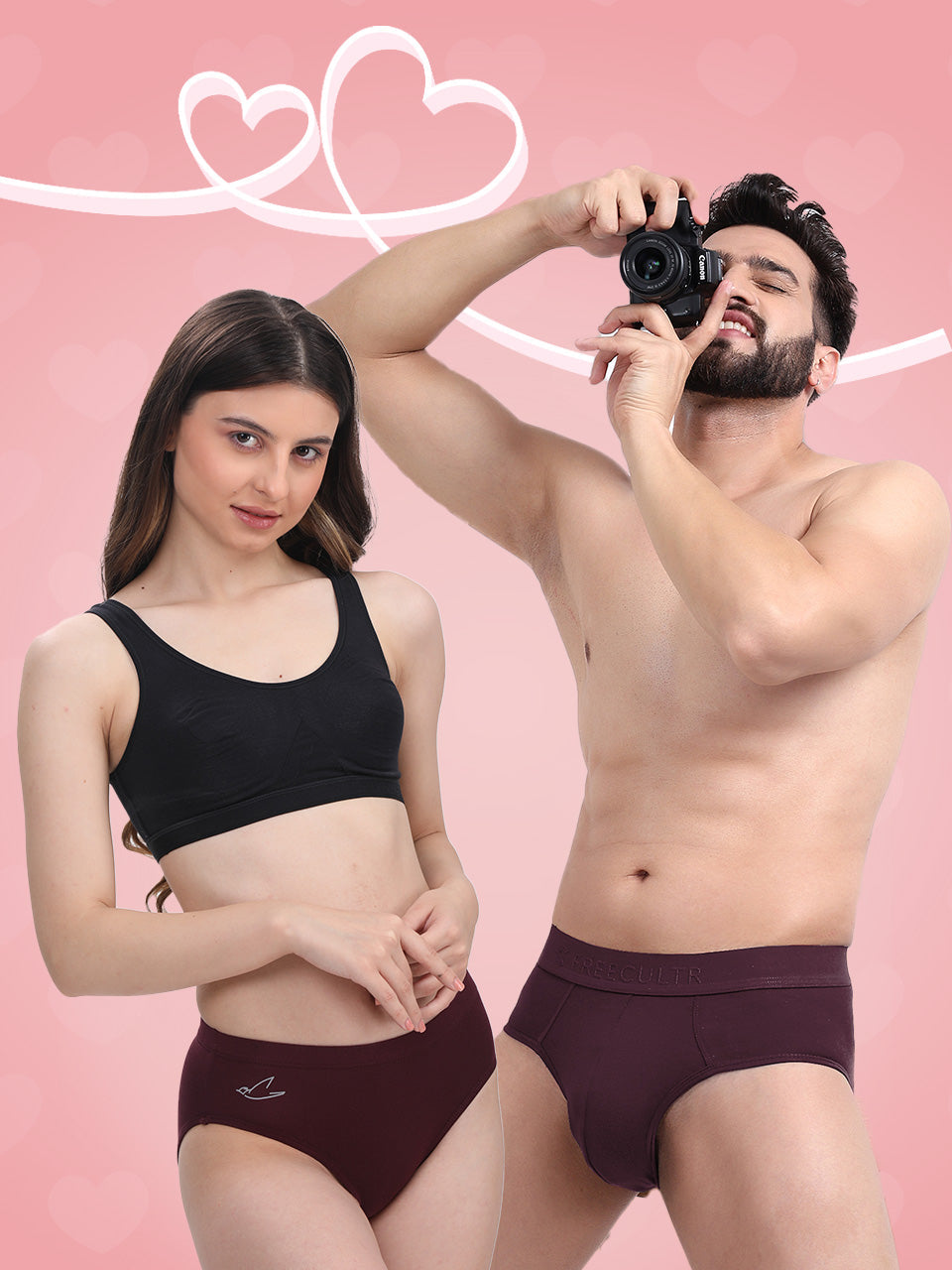The humble bandana, a seemingly simple square of fabric, has transcended its utilitarian origins to become a powerhouse accessory in contemporary fashion and practical hair care. Far beyond its traditional role as a cowboy's dust mask or a biker's headwrap, the bandana now offers a versatile solution for modern styling, from the chic 'clean girl' aesthetic seen across TikTok to protecting delicate strands during outdoor adventures or even aiding in hair slugging routines. Crafted from various materials like breathable cotton or luxurious silk, this iconic accessory provides essential UV protection for the scalp, minimizes frizz and breakage by reducing friction. effortlessly elevates any ensemble. Its resurgence in recent seasons highlights its timeless appeal, proving the bandana is more than just a trend; it's an indispensable item for both aesthetic enhancement and hair preservation.

The Enduring Appeal of the Bandana
The bandana, a simple square piece of fabric, has transcended its humble origins to become a ubiquitous accessory with a rich history and diverse applications. Originally derived from the Hindi word "bandhnu," referring to a tie-dyeing technique, the bandana evolved from a practical utility item to a powerful fashion statement and a reliable hair protector. Its enduring appeal lies in its remarkable versatility and adaptability, allowing it to seamlessly integrate into countless styles and serve numerous functional purposes.
Historically, the bandana gained prominence in various cultures, from cowboys and farmers using it to wick sweat and keep dust out, to sailors and miners employing it for hygiene and identification. During the American Revolution, Martha Washington commissioned bandanas featuring George Washington's portrait, marking an early instance of its use as a patriotic symbol. In the 20th century, the bandana became a symbol of counter-culture movements, rock and roll. eventually, mainstream fashion. Today, a bandana can be seen on runways, hiking trails. in everyday wardrobes, demonstrating its timeless relevance.
Beyond Fashion: The Practicality of a Bandana
While often celebrated for its aesthetic contribution, the practical utility of a bandana is equally compelling, particularly when it comes to hair care and protection. Its simple design belies a multitude of benefits that extend far beyond mere accessorizing.
- Hair Protection from Environmental Elements A bandana acts as an effective barrier against harsh environmental factors. When spending time outdoors, it can shield your hair and scalp from damaging UV rays, preventing sun damage and scalp burns. It also offers protection against dust, dirt. pollution, which can dry out hair and clog follicles. For instance, cyclists or construction workers often wear a bandana under their helmets to keep hair clean and contained.
- Moisture Management Whether you're working out, hiking, or simply experiencing a hot day, a bandana can absorb sweat from your forehead, preventing it from dripping into your eyes and keeping your hair feeling fresher for longer. This is particularly beneficial for active individuals or those with oily scalps.
- Hair Preservation and Damage Prevention For individuals with delicate or chemically treated hair, a bandana can reduce friction and breakage often caused by external elements or even sleeping on rough pillowcases. Wrapping your hair in a silk or satin bandana overnight, for example, can significantly minimize frizz and tangles, preserving your hairstyle and promoting healthier strands. This is a common practice in the curly hair community to maintain curl definition.
- Taming and Styling Aid On a "bad hair day" or when you need a quick and effortless style, a bandana can be your best friend. It can effectively hide unwashed hair, cover an awkward hair growth phase, or simply add a touch of flair to an otherwise simple ponytail or bun. Its ability to hold hair back makes it invaluable during activities like cooking, gardening, or cleaning.
- Hygiene and Comfort In situations where frequent hair washing isn't feasible, such as during travel or camping, a bandana can help maintain a sense of cleanliness by covering hair and absorbing oils. It also provides a comfortable layer under helmets or headwear, preventing chafing and improving overall comfort.
Choosing Your Perfect Bandana: Materials and Patterns
The effectiveness and aesthetic appeal of a bandana largely depend on its material and pattern. Understanding the characteristics of different fabrics can help you select the ideal bandana for your specific needs and style preferences.
Common materials for a bandana include:
| Material | Characteristics | Best Use Cases |
|---|---|---|
| Cotton | Absorbent, breathable, durable, easy to wash, affordable. Can be prone to wrinkling. | Everyday wear, sweat absorption, outdoor activities, casual accessorizing. The most common type of bandana. |
| Silk | Smooth, luxurious, gentle on hair (reduces friction), hypoallergenic, breathable, good temperature regulator. More delicate, requires careful washing. | Hair protection (especially overnight), elegant accessorizing, sensitive skin. A silk bandana is excellent for preventing hair breakage. |
| Polyester/Synthetic Blends | Quick-drying, wrinkle-resistant, often more vibrant colors, durable. Less breathable than natural fibers, can feel less soft. | Sports, intense outdoor activities, situations requiring quick drying, highly durable fashion statements. |
| Linen | Highly breathable, absorbent, durable, gets softer with age. Prone to wrinkling, can be stiffer initially. | Warm weather wear, rustic or natural aesthetic. |
Regarding patterns, the classic paisley bandana is arguably the most iconic, instantly recognizable and deeply rooted in Western fashion history. But, the range of available patterns and designs is virtually limitless, including:
- Solid Colors Offer minimalist elegance and versatility, easily matching various outfits.
- Geometric Prints Stripes, polka dots, checks. abstract shapes provide a modern or retro vibe.
- Floral/Nature Prints Ideal for a softer, bohemian, or whimsical look.
- Custom/Graphic Prints Featuring logos, pop culture references, or unique artwork, allowing for personal expression.
When selecting a bandana, consider the primary purpose. For hair protection, a silk or cotton bandana is often preferred. For sweat absorption during sports, cotton or a quick-drying synthetic might be better. And for pure fashion, the material and pattern choices are boundless.
Accessorizing with a Bandana: A Style Guide
The bandana's true magic lies in its ability to transform an outfit with minimal effort. Its adaptability means it can be styled in countless ways, offering a fresh look every time. Here are some popular methods to accessorize with a bandana:
- Headwear Styles
- The Classic Headband Fold the bandana into a strip and tie it around your head, either at the nape of your neck or on top. This keeps hair out of your face and adds a pop of color.
- Full Head Wrap/Turban For extensive hair coverage or a bold statement, fold the bandana into a triangle, place the longest edge at your hairline. tie the ends at the back or front, creating a turban-like effect. This is particularly effective for protecting hair from sun or wind, or managing frizzy hair.
- Ponytail or Bun Tie Simply tie a bandana around the base of a ponytail or bun for an effortless, chic touch. This can elevate a simple hairstyle.
- Braided In For a bohemian look, weave a thin strip of bandana into a braid, allowing the fabric to peek through.
- Neckwear Styles
- The Neckerchief Fold the bandana into a triangle and tie it loosely around your neck, with the point facing down. This adds a classic, often Western-inspired, touch.
- Choker Style For a more modern look, fold the bandana into a narrow strip and tie it snugly around your neck like a choker.
- Other Creative Uses
- Wristband Wrap a bandana around your wrist for a casual, sporty, or edgy accent.
- Bag Accessory Tie a bandana to the handle of your handbag or backpack to personalize it and add a splash of color. This is a simple yet effective way to update an old bag.
- Belt Alternative Thread a bandana through your belt loops for a unique and comfortable alternative to a traditional belt.
- Ankle Tie For a playful summer look, tie a bandana loosely around your ankle.
Real-world application: Consider a simple white t-shirt and jeans outfit. Adding a vibrant red paisley bandana as a neckerchief instantly injects a retro-cool vibe. Alternatively, tying the same bandana as a headband can evoke a more playful, summery feel. A silk bandana tied to a neutral-toned tote bag can elevate the entire ensemble, demonstrating its power as a versatile accessory.
Care and Maintenance of Your Bandana
Proper care ensures your bandana remains vibrant, clean. durable, serving you well for years to come. The specific care instructions largely depend on the bandana's material, so always check any attached labels if available.
- Cotton Bandanas
- Washing Most cotton bandanas can be machine washed in cold or warm water with similar colors. Using a gentle cycle is recommended to preserve the fabric and print.
- Detergent Use a mild detergent. Avoid harsh bleaches unless specifically for white cotton and necessary for stain removal.
- Drying Tumble dry on low heat or, ideally, air dry by laying flat or hanging to prevent shrinking and maintain shape. Iron on a medium setting if needed.
- Silk Bandanas
- Washing Hand washing is highly recommended for silk. Use cool water and a mild, pH-neutral detergent specifically designed for silk or delicate fabrics. Gently agitate, do not wring or twist.
- Drying Roll the bandana in a clean towel to absorb excess water, then lay flat or hang to air dry away from direct sunlight and heat. Silk dries quickly.
- Ironing Iron on the lowest setting while still slightly damp, or use a steam iron, with a pressing cloth to protect the fabric.
- Polyester/Synthetic Bandanas
- Washing These are generally machine washable in cool or warm water. They are less prone to shrinking or wrinkling.
- Drying Can be tumble dried on a low setting. air drying is also quick and helps maintain fabric integrity.
- Ironing Use a very low heat setting if ironing is necessary, as high heat can melt synthetic fibers.
- Pre-Washing It's advisable to wash new bandanas before wearing, especially if they are brightly colored, to prevent dye transfer onto clothes or skin.
- Stain Treatment Address stains promptly with appropriate stain removers, following product instructions carefully to avoid damaging the fabric.
- Storage Store your bandanas folded neatly or hung to prevent excessive wrinkling and keep them ready for use. Keeping them in a dry, cool place away from direct sunlight will prevent fading.
By following these simple care guidelines, your bandana will continue to be a stylish and functional accessory for years to come, reflecting its true value as a versatile and enduring piece.
Conclusion
The humble bandana truly transcends its simple fabric square, proving itself an indispensable ally for both effortless style and practical hair protection. As we've explored, whether you're channeling a trending 'cottagecore' vibe with a neatly tied headscarf or swiftly taming flyaways for a sleek, modern look, its versatility is unmatched. I recently found myself on a humid vacation. my patterned bandana became an instant lifesaver, not only shielding my hair from the relentless sun but also elevating a basic tank top into a cohesive, Instagram-ready outfit. Don't underestimate the power of this compact accessory to transform your entire ensemble. Consider adding a vibrant pop of color to a monochrome outfit, or using it as a chic way to manage your hair post-workout or during a busy day. It’s about more than just a quick fix; it's about embracing a simple tool that unlocks endless creative possibilities for your daily wardrobe. So, go ahead, grab a bandana, experiment with a new knot. confidently express your unique style while keeping your hair perfectly in place.More Articles
Tees – Durable Quality & Everyday VersatilityWomen's Tank Top – Versatile Layering & Cool Comfort
Men's T-Shirt – Everyday Comfort & Effortless Style
Tees – Soft Fabric & Effortless Casual Style
FAQs
What makes a bandana a must-have accessory?
Bandanas are incredibly versatile! They can instantly add a pop of color, pattern, or texture to any outfit, from casual to chic. Beyond just looking good, they're super practical for managing hair and adding a unique touch to your style.
Any cool ideas for styling a bandana?
Absolutely! You can tie it around your head as a classic headband, fold it into a chic neck scarf, wrap it around your ponytail or bun, or even knot it onto your handbag strap for a unique accessory. There are tons of ways to get creative and personalize your look.
Can a bandana actually protect my hair?
Yes, definitely! A bandana acts as a barrier, shielding your hair from environmental elements like sun exposure, wind. even humidity, which can cause frizz or damage. It's also great for keeping hair out of your face during activities or on a windy day.
Do bandanas work for all hair lengths and types?
For sure! Whether you have short, long, curly, straight, thick, or fine hair, there's a bandana style that will suit you. They're incredibly adaptable and can be used to hold back bangs, secure updos, or simply add a stylish element to any hair type.
How do I keep my bandana looking fresh?
Most bandanas, especially cotton ones, are pretty easy to care for. You can usually machine wash them with similar colors on a gentle cycle and then either air dry or tumble dry on low. Always check the specific care label if it has one, especially for silk or delicate materials.
What are bandanas typically made of?
Cotton is the most common material for bandanas because it's breathable, soft. durable. But, you can also find them in silk, satin, linen, or various synthetic blends, each offering a different feel, drape. look.
Are bandanas only for certain people?
Not at all! Bandanas are a completely unisex accessory. They look great on anyone, regardless of gender, age, or personal style. It's all about how you choose to wear and rock it, making it truly your own.
